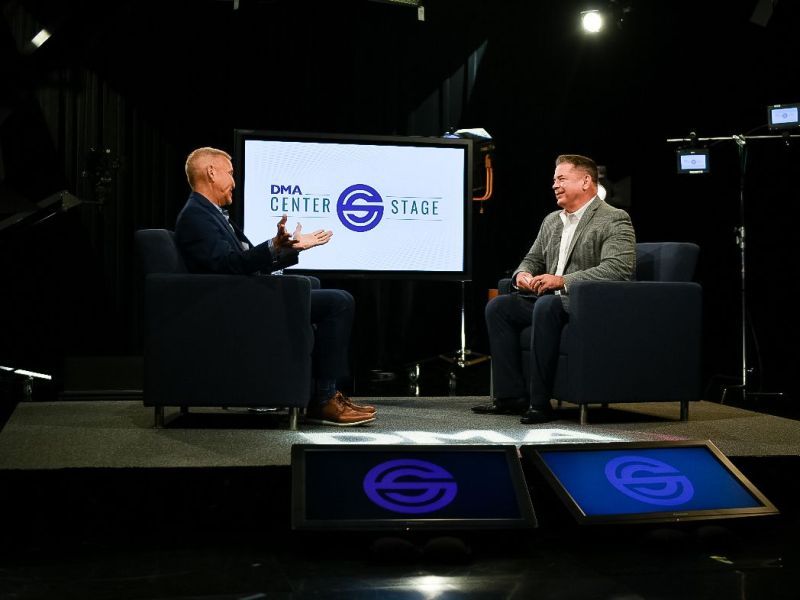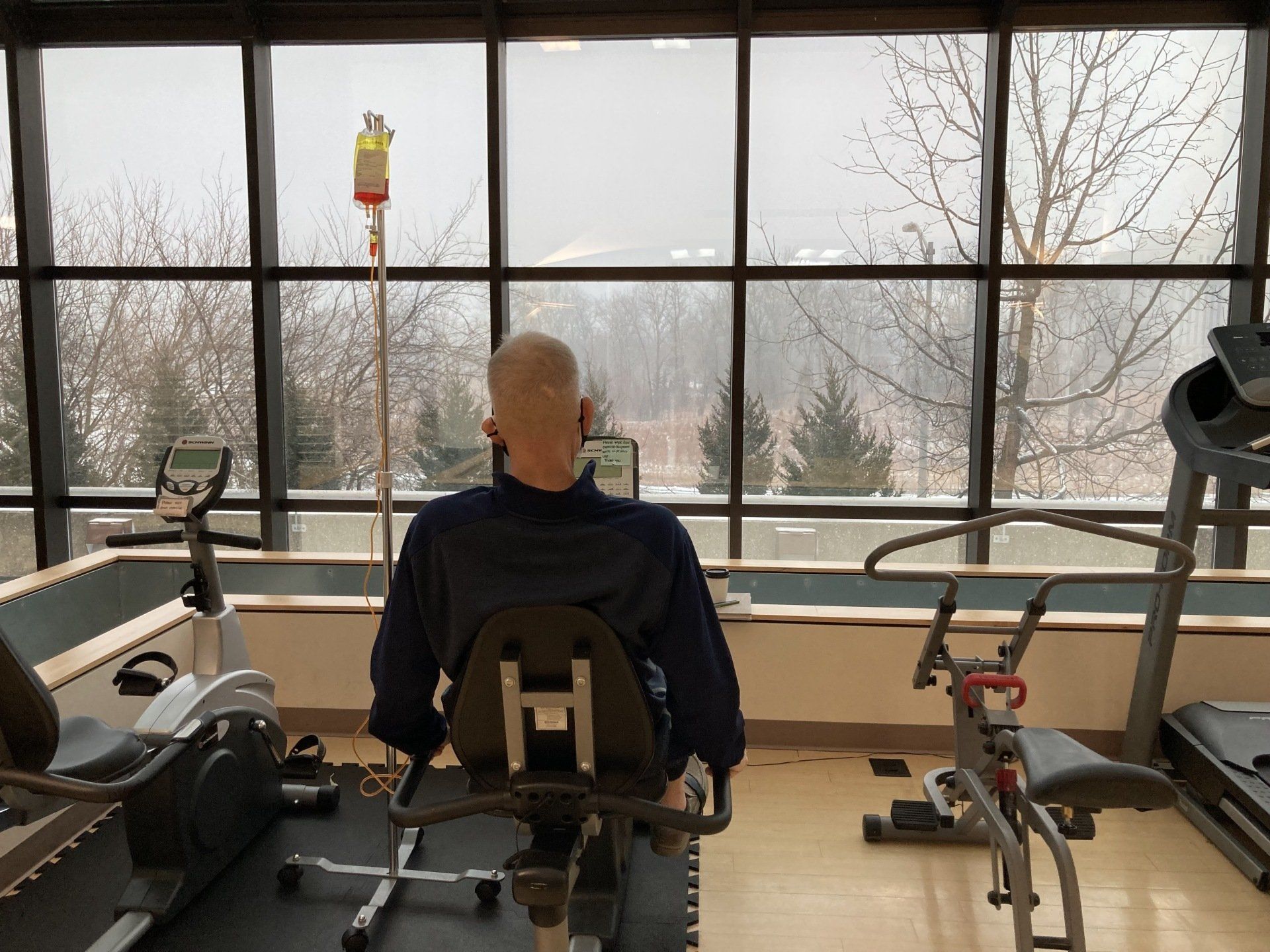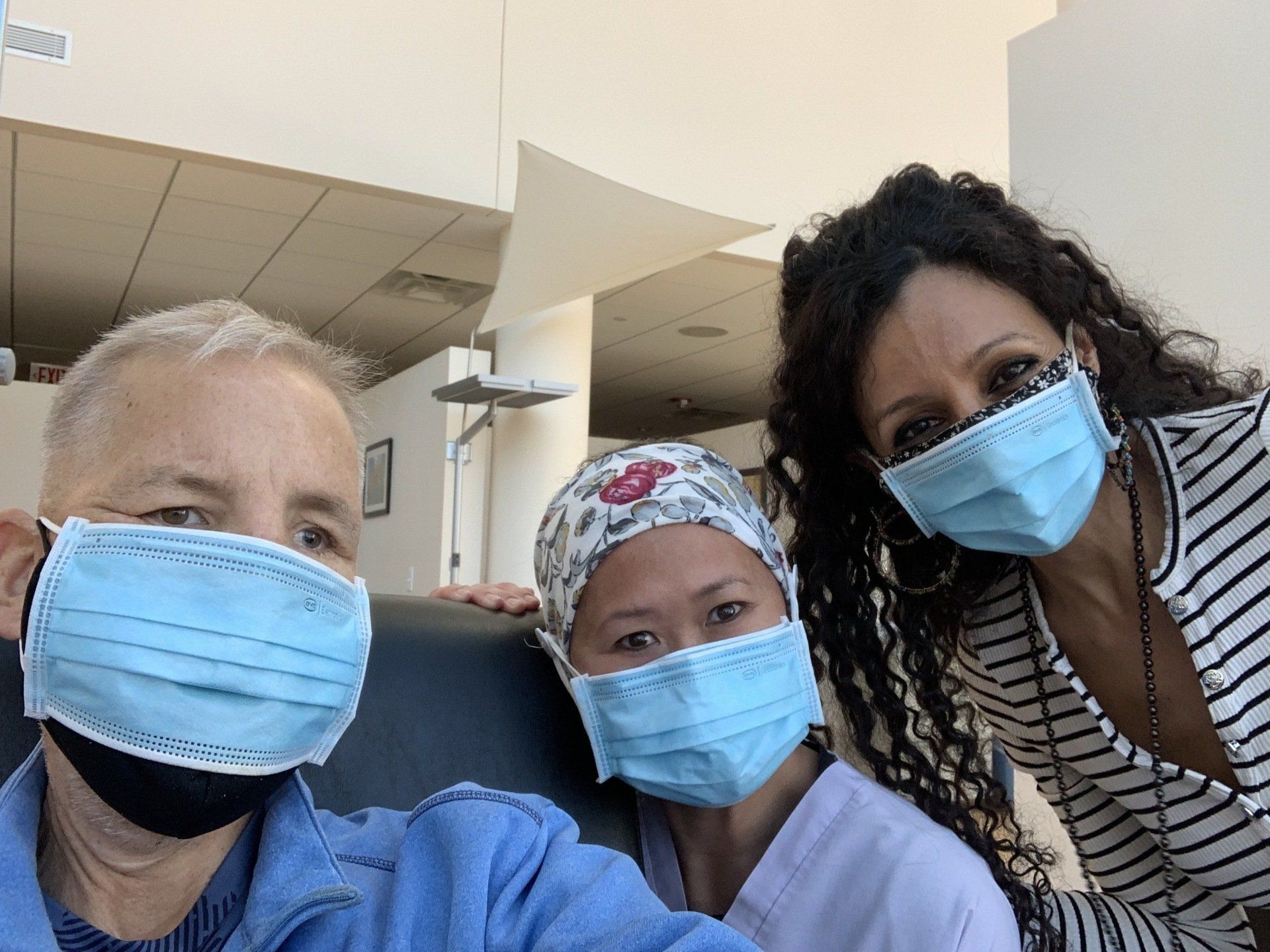Three Lessons I Learned During Marine Corps Officer Candidate School That are Helping Me RIGHT NOW in my Health Journey with Cancer (and they may be able to help you too!)
The Marine Corps Officer Candidate School (OCS) 10-week program is a grueling one, as it should be. This is where potential officers are officially screened and trained to start leading troops. I don’t know which was harder, the physical or mental aspect, but both were certainly very challenging. And although it has been almost 25 years since I completed the program on my way into the Marine Corps, I can still remember how tough every day was and how much I wanted to make it through and move on. Ultimately, and although I certainly did not realize it at the time, OCS was a searing experience for me that has influenced much in my life, particularly when it comes to mental fortitude and working with others.
Right now, I am in what I euphemistically call a health journey with cancer – in January 2020 I was diagnosed with Stage IV prostate cancer. Recently I have had to step up to a stronger dose of chemotherapy which really had a strong impact on me, and I also recently finished 10 days of radiation which tremendously helped to eliminate the cancerous lesions on my back that were putting pressure on my nerves and making me unable to walk.
As my wife and I go through these challenges now, I realized that a lot of what I learned at OCS applies right now. That being said, here are three lessons that are helping me, and likely can help you if you are facing a particular challenge right now as well.
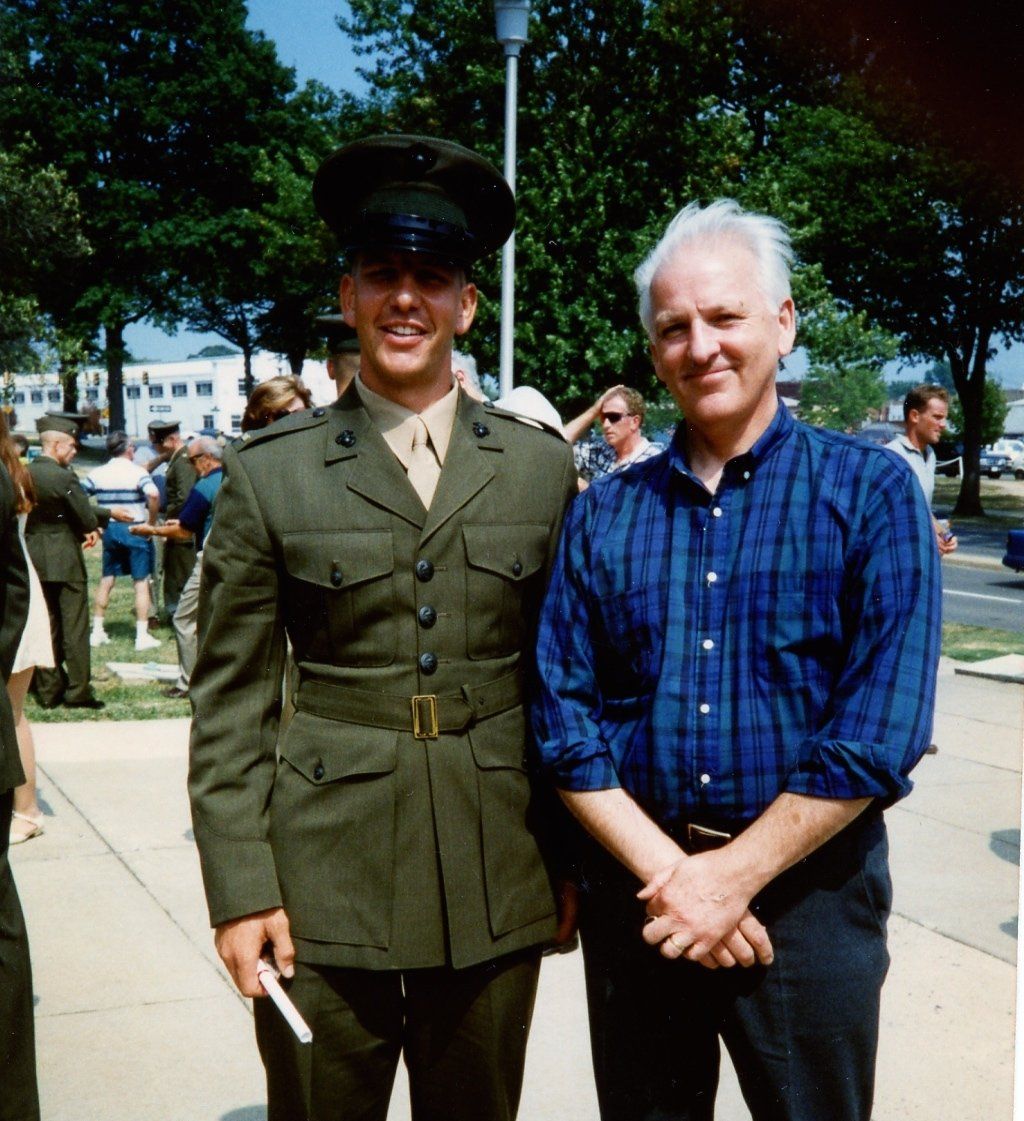
1. It’s impossible to do it alone. In fact, at OCS if you are not able to very quickly start collaborating with the other candidates and work closely with them during various exercises, you will likely be dropped from the program. Small unit leadership demands a collaborative mindset and outlook. But from just a personal perspective, there are simply not enough hours in the day to finish everything on your own, so it is imperative that you make friends with those around you and pool your resources.
The same is true with the challenges around cancer. My wife and I knew nothing about prostate cancer before my diagnosis, and have had to work closely together to keep pushing forward. We have also grown quite used to quickly highlighting any emerging issues to the doctors we work with and rely on their experience. But it has actually been my wife who has been so incredible after my recent hospitalization – her superhuman efforts to coordinate an unbelievable amount of medicine and supplements throughout the day, prepare food that is specifically designed to help me gain back weight (something very hard to do during chemotherapy with significant appetite loss), synchronize so many appointments, and being an intimate part of my everyday care.
2. You have to push yourself every day. At OCS, every candidate is judged every day, officially and unofficially, by not only the sergeant instructors, but also their fellow candidates. “Peer evaluations'' are an important part of the overall grading scheme, and of course the instructors never seem to miss anything! But you simply won’t keep up if you sit back on your laurels – the physical demands are so high that you have to keep improving or you will be left behind. And who would have it any other way? This is the Marine Corps’ opportunity to determine whether each candidate is fit to lead Marines, and if you can’t push yourself for 10 weeks, you just won’t be good enough once you get out into the “real'' Marine Corps.
With cancer, at least where I am right now, I also need to stay on top of a lot of physical therapy, medicines, appointments, and exploring new resources. I am actively involved in learning and participating in a variety of practices that I was heretofore not familiar with at all, including Reiki, Qigong, Tai Chi, and keeping a miracle journal. I am also getting ready to sign up for mental health counseling. All of this requires significant daily effort.
3.
You will make a lot of mistakes. At OCS, I happened to struggle with close order drill. I still remember one of the sergeant instructors taking me round the back of the building so that we could call out the various rifle positions and I would have to comply. We were out there quite a while, but I realized later that close order drill isn’t just about being able to put your rifle where you want it while you are marching, but more about immediate attention to orders and responding immediately to those in charge. In Iraq and Afghanistan, following orders and doing exactly as instructed sometimes meant the difference between life and death.
I know that I am not doing everything perfectly right now regarding my cancer journey. This is a very confusing time, and some days go by where I have accomplished nothing. However, I truly am trying to view my mistakes as learning opportunities - the more I can streamline how I spend my time and find other things to focus on than simply being a patient the better. While getting ready to write this article, I realized that I already have a lot of tools in my tool chest based on previous experiences that can help me in this exact moment - I am sure you do too!
New Paragraph
Justin Constantine is an inspirational and motivational speaker who speaks (live and virtually) to companies, nonprofit organizations and universities of all shapes and sizes. He focuses on thriving in the face of change, resilience, that it’s okay to ask for help, and that you are stronger than you think you are.
